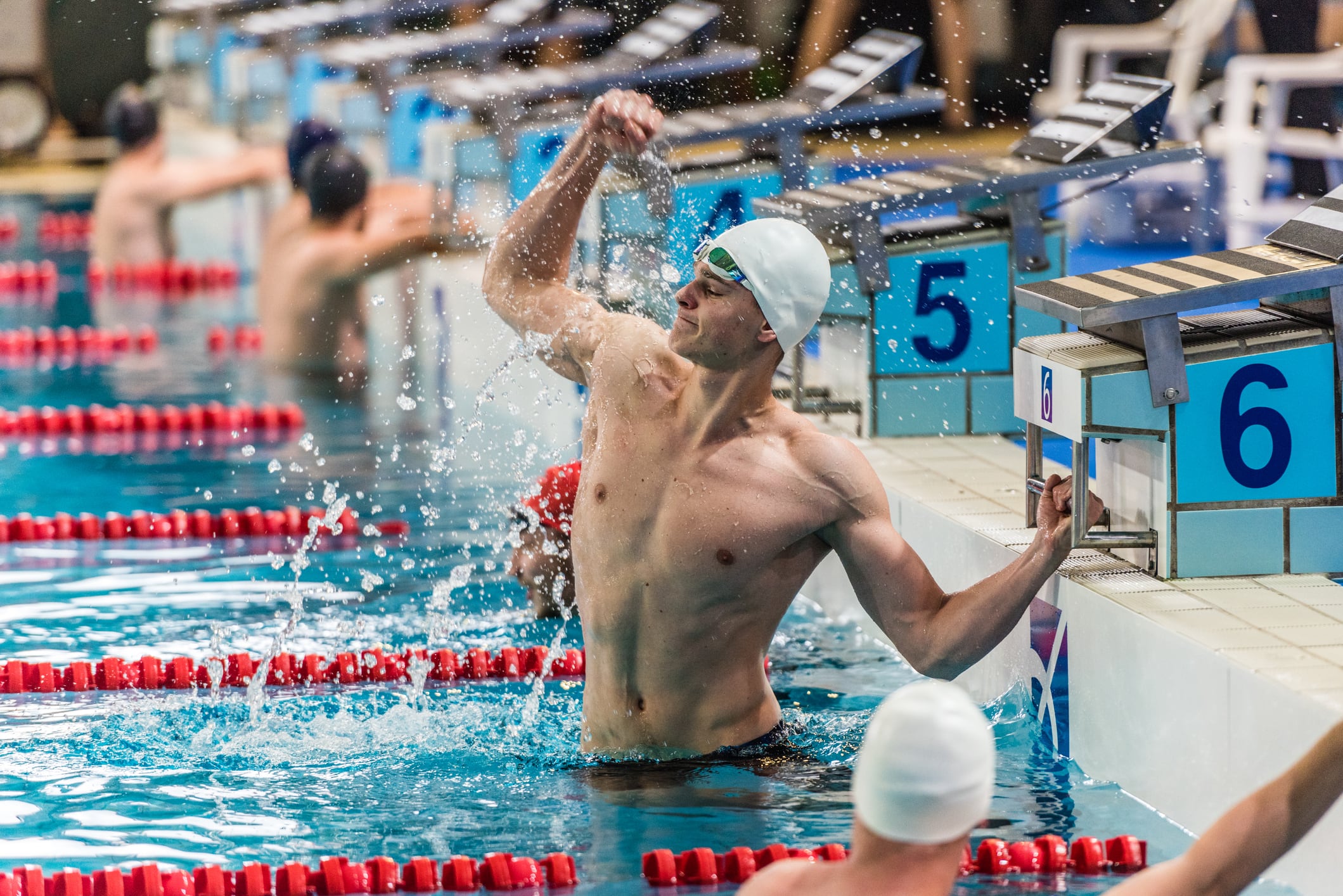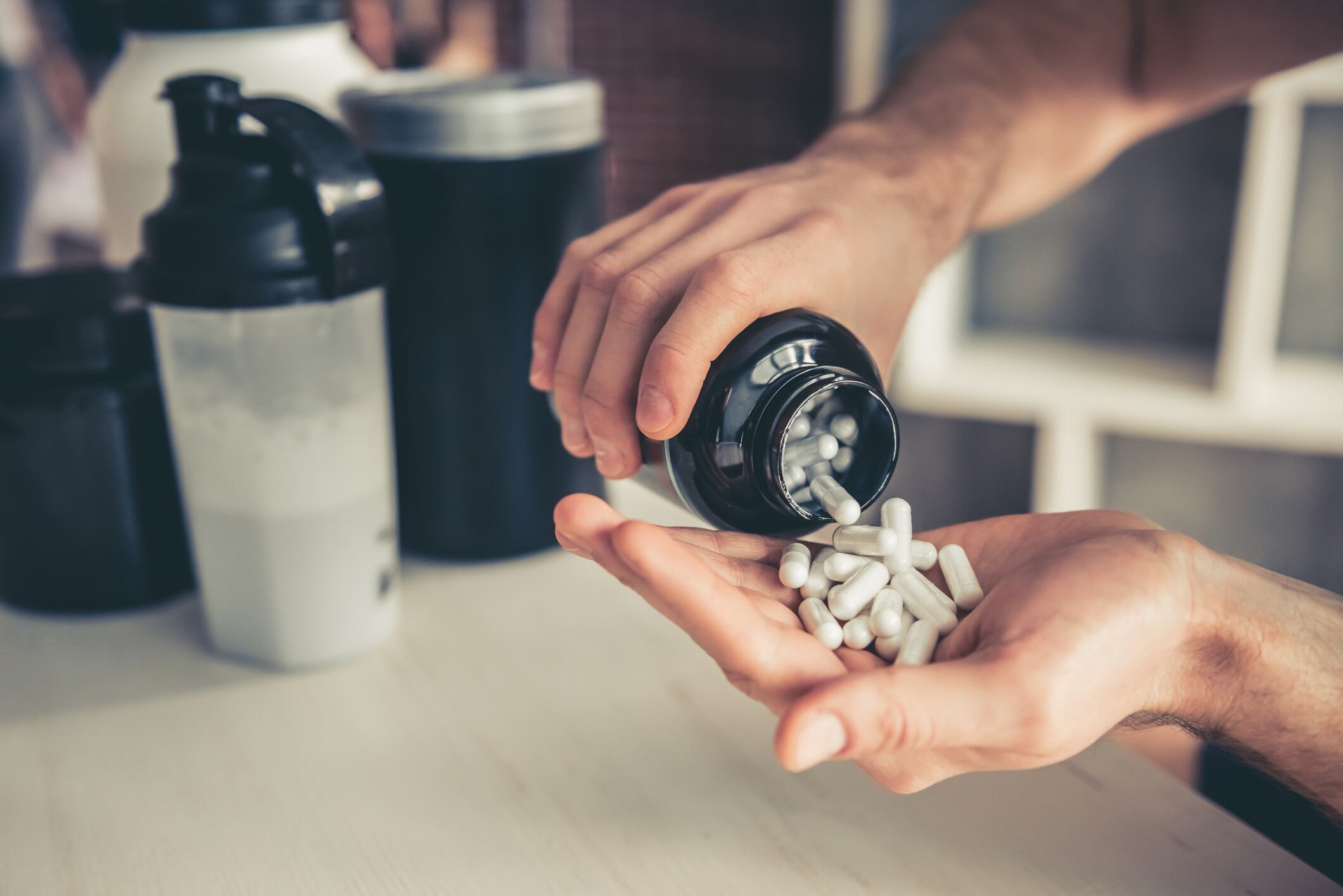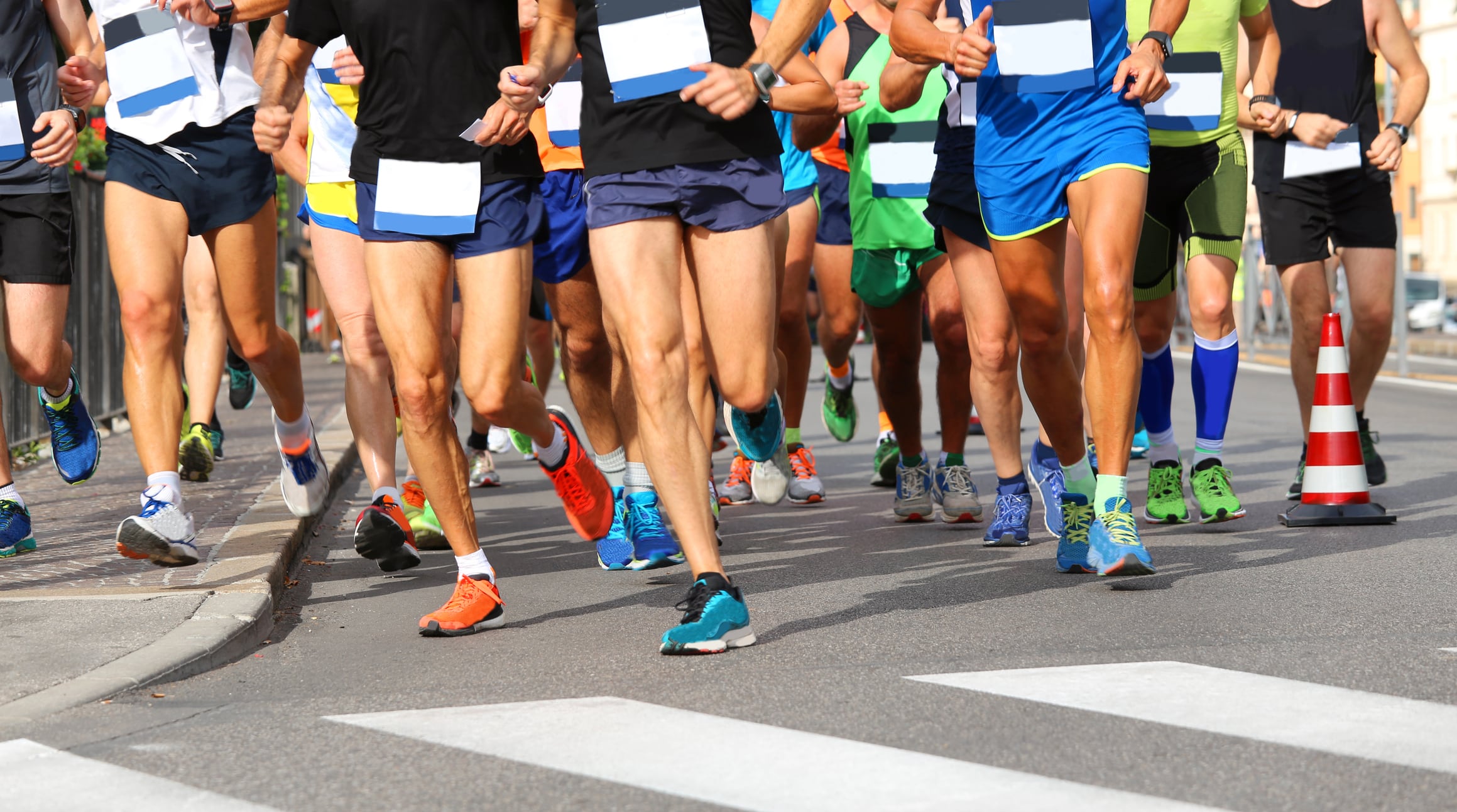The benefits are likely linked to complimentary mechanisms of action, including an impact of the probiotics on the integrity of the gut barrier and immune function, and the anti-inflammatory and anabolic effects of omega-3s, stated researchers from Shiraz University (Iran), Increnovo LLC (USA) and Waseda University (Japan).
“These findings highlight the potential of targeting the gut–muscle axis as part of a comprehensive strategy to optimize responses to high-intensity training,” they wrote in the journal Nutrients.
“Incorporating synbiotic supplementation into personalized training programs may provide athletes with a practical means of enhancing explosive performance and muscular endurance while supporting recovery and overall physiological resilience.”
‘The data are exciting’
Dr. Ralf Jäger, managing member of Wisconsin-based Increnovo and co-author on the paper, told NutraIngredients that this is the first trial to show that pairing a multi-strain probiotic with omega-3 fatty acids can enhance explosive upper-body strength in elite sprint swimmers.
The fact that improvements were seen in highly sport-specific, high-velocity measures (torque, power, rate of force development) highlights the potential of synbiotics to support performance in disciplines where fractions of a second decide outcomes, he said.
“The data are exciting because probiotics alone did improve some measures of strength, but the combination with omega-3s consistently outperformed either component alone,” said Dr. Jäger. “This tells us we may not just be looking at an isolated effect of gut microbiota modulation, but at a broader synergy where multiple pathways converge to support performance.”
Study details
Sixty male elite sprint freestyle swimmers were recruited to participate in the new randomized, double-blind, eight week trial. The men were randomly assigned to one of six groups: 1) control group (no USRPT or supplements), 2) USRPT-only group, 3) USRPT plus placebo, 4) USRPT plus probiotics (450 billion CFUs), 5) USRPT plus omega-3 (1,000 mg fish oil providing 500 mg of EPA and 180 mg of DHA) and 6) USRPT plus probiotics and omega-3s.
The study used the Comflor PRO probiotic product manufactured by the Farabiotic Company in Tehran. The products contained Lactiplantibacillus plantarum BP06, Lacticaseibacillus casei BP07, Lactobacillus acidophilus BA05, Lactobacillus bulgaricus BD08, Bifidobacterium infantis BI04, B. longum BL03, B. breve BB02 and Streptococcus thermophilus BT01. The omega-3 product was produced by Germany-based EuRho Vital.
Findings showed that all the supplementation groups showed significant gains in functional tests over the eight weeks, including handgrip strength in both hands, medicine-ball-throw distance and dead-hang duration, compared to the placebo and training-only groups. Improvements in shoulder strength measures were also recorded.
The best results across nearly all metrics were reported for the probiotic + omega-3 group, the study reported, “indicating a synergistic effect beyond additive benefits.”
“These results underscore the potential of targeting the gut–muscle axis through coordinated nutritional strategies to amplify training adaptations in elite athletes," the researchers wrote. “They align with emerging evidence that gut-focused interventions can influence skeletal muscle performance, providing practical insight for sports nutrition and conditioning programs.”
The link to the gut–muscle-axis is purely hypothetical at this stage, they added, noting that the study did not analyze stools or profile metabolites in the swimmers.
The study calledfor larger, sex-inclusive trials that incorporate in-water, stroke-embedded assessments and microbiome/metabolomic profiling.
Source: Nutrients, 2025, 17(18), 2959; doi: 10.3390/nu17182959. “Synbiotic Supplementation with Probiotics and Omega-3 Fatty Acids Enhances Upper-Body Muscle Strength in Elite Swimmers: Evidence for Gut–Muscle Axis Modulation During Race-Pace Training”. Authors: B. Imanian, et al.





